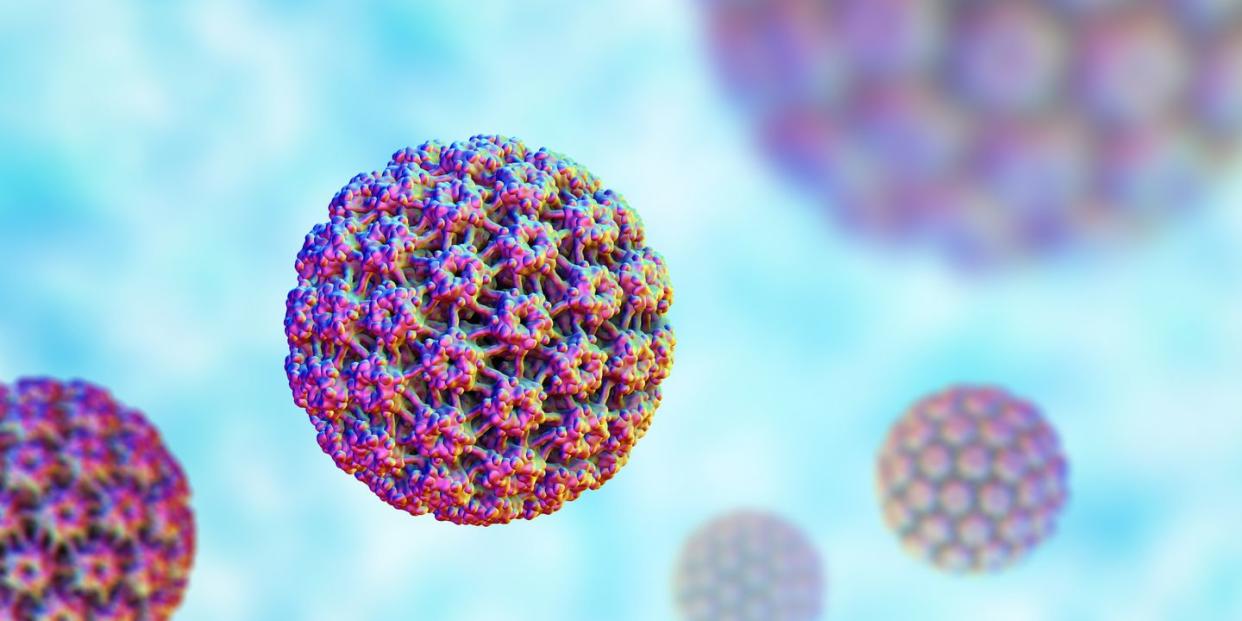Gonorrhoea is now resistant to to all treatment antibiotics – except one

Gonorrhoea is the second most common STI in the UK – however, it's been confirmed that the bacterial infection has developed resistance to all antibiotics (it can still be treated via an injection and pill combination, though). Thankfully, a new clinical drug trial has shown super promising results, meaning another needle-free alternative may soon be on the horizon.
Currently, gonorrhoea can only be treated with a combination of an injection (of the antibiotic ceftriaxone) and one dose of azithromycin pills.
Recent results from a clinical trial of a new antibiotic (zoliflodacin) has shown it can cure gonorrhoea infections as effectively as the current combined therapy treatment, and the research – developed by a Swiss non-profit, the Global Antibiotic Research & Development Partnership and US-based Innoviva Specialty Therapeutics – has experts excited.

Despite not being involved in the trial, Dr Jeffrey Klausner, an infectious disease expert at the Keck School of Medicine of USC, has shared his enthusiasm about the future of zoliflodacin. He detailed that the antibiotic "gives us a new tool in the treatment of gonorrhoea," and if "used wisely," can act as a "barrier against the further spread of resistant infections."
Hold your horses though - while this breakthrough is the first approved treatment for gonorrhoea in decades, it's not available just yet. Rather, it's expected to make it to market by at least 2025. Which means, for now, the combined therapy is still the only available option.
This advancement has come at a convenient time, as global health authorities have been issuing urgent warnings in recent years about gonorrhoea's resistance to ceftriaxone and azithromycin.
As of now, the World Health Organisation has estimated that there are over 82 million new annual cases of the sexually transmitted infection. Plus, the UK Health Secretary Agency published new data earlier this year that showed record levels of gonorrhoea and syphilis diagnoses in 2022. It revealed that diagnoses of the former had risen to 82,592 in 2022, which was an increase of 50.3% "compared to 2021 (54,961) and 16.1% compared to 2019 (prior to the COVID-19 pandemic)." The data also stated that it's the "highest number of diagnoses in any one year since records began in 1918."

Gonorrhoea can infect the genitals, rectum, throat, and eyes, and can spread through unprotected vaginal, oral or anal sex, as well as sharing vibrators or sex toys that "have not been washed or covered with a new condom each time they're used," as per the NHS.
The website reads that typical symptoms include thick yellow or green vaginal or penis discharge, bleeding between periods, and pain when weeing.
If you are experiencing any of the said symptoms, you must make an appointment with your GP, or contact a sexual health clinic for advice.
This article is not intended to be a substitute for professional medical advice or diagnosis. Always seek the advice of your physician or other qualified health provider with any questions you may have regarding a medical condition.
You Might Also Like

